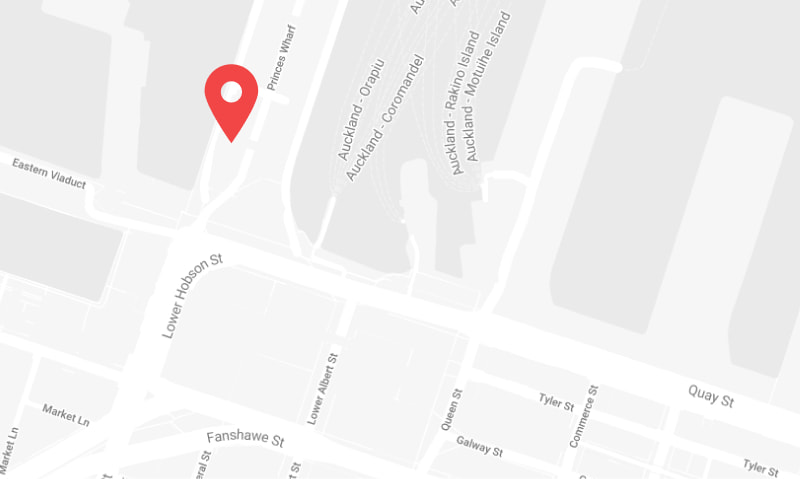The term ‘unprecedented’ has been used so many times in relation to Covid 19, but there is no better descriptor of the situation we now find ourselves. The problem with ‘unprecedented’ is that many decisions are being made hastily without a full understanding of how things will play out over the coming months or years. People are being asked to rely on those decisions and the decision maker is falling back on trust established during ‘normal’ times to persuade others of the correctness of their decision. This means that trust can no longer be relied on in a Covid 19 era when negotiating the best outcome for yourself.
The concept of trust in negotiation
Trust is a vital part of the negotiation process because without some degree of trust, deals would never get done. Whilst the lawyer’s job is to minimise the reliance on trust by documenting agreed terms in writing, you cannot eliminate trust entirely. The ability to sue in Court is all well and good, but how many of us have the money or inclination to take that route? Instead, we hope and trust that the person on the other end of the deal with do what they have said they will do and we employ various strategies to increase the chances of that happening.
To be clear, I am not suggesting that in a Covid 19 era people are less trustworthy, but I am suggesting that people’s ability to make sound decisions has been affected by the fear of what may lay ahead for their business or their lives. Where we have been used to dealing with trustworthy people who have demonstrated their trustworthiness in normal times, it is easy to trust the person and accept the conclusions they have reached as being true when their present decision ability making maybe unsound.
Trust in the employment relationship
I illustrate my point by looking at the employment relationship. Over the last 4 weeks employees across New Zealand have been asked to take pay cuts to ensure the survival of their employer’s business. The justification for those pay cuts has been the employer’s forecast for how sales will pan out over the next period as we work ourselves out of the Alert Levels. However, in many (but I accept, not all) cases no-one really knows how things will work out. Assumptions will be made which may be false.
Employment law requires that employers must consult with employees over variations to their employment agreements. I prefer the word ‘negotiate’ rather than ‘consult’ because consultation infers that the employee has little say. My advice to employees in this situation is to negotiate rather than accept any proposal. A fundamental part of the negotiation process is to ask questions to test assumptions. It is only by asking questions that an employee can test whether the assumptions being made are valid and propose alternative ways of looking at things. Fortunately, the duty of good faith preserves the right on an employee to ask questions and for employers to respond with relevant information.
I have also had employers call me frustrated that employees don’t want to come to work. Whilst sometimes the reason for that may relate to care of a vulnerable family member, there have been situations where it has simply related to fear of catching the virus. Faced with this situation, I advise an employer to ask questions around the unwillingness to work to test where that fear is coming from. Perhaps the employee has concerns over availability of PPE or physical distancing. By probing the underlying reasons for the fear, the employer may be able to negotiate a solution which meets both parties’ objectives.
Questions are the key to unlocking a Covid 19 deal
The above two examples illustrate that a person’s behaviour is often motivated by fear, but the underlying cause of that fear may differ from person to person. It could be cash flow, or it could be an unwillingness to share a toilet. What may seem irrational or unreasonable to you, may not be irrational or unreasonable to the other person. However, by asking questions you create the possibility of a deal which moves both parties closer to a resolution.


